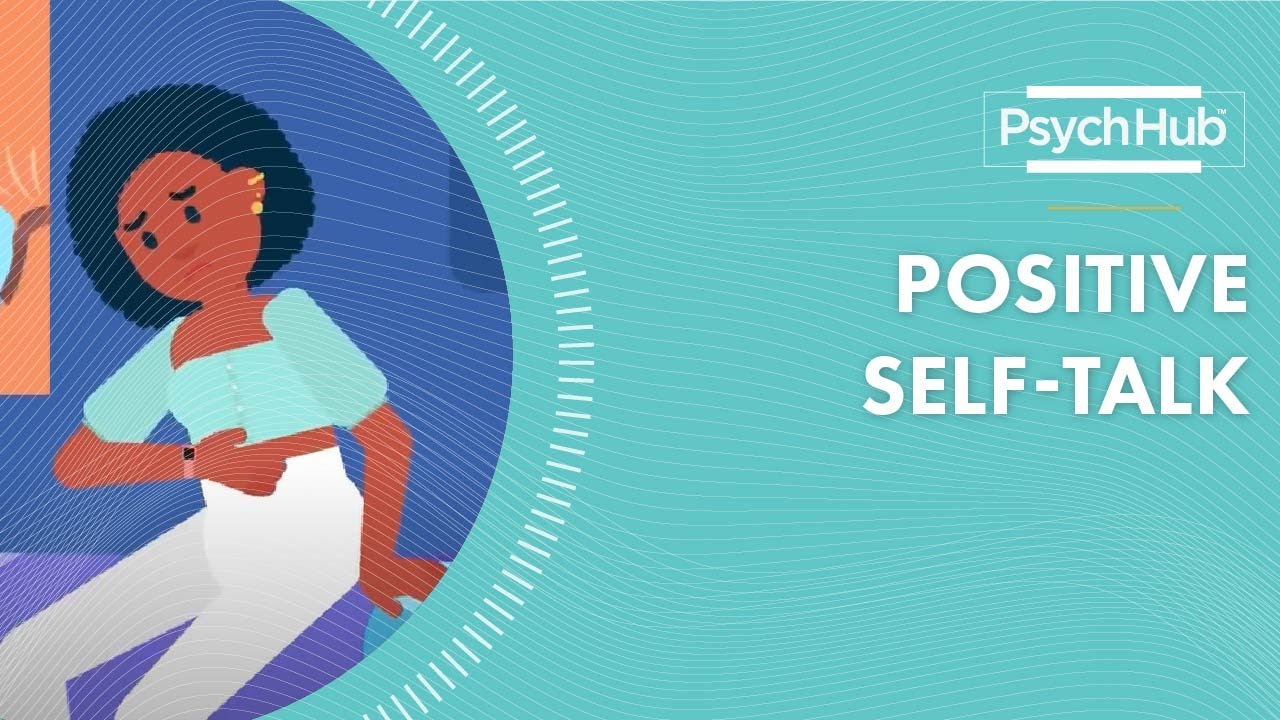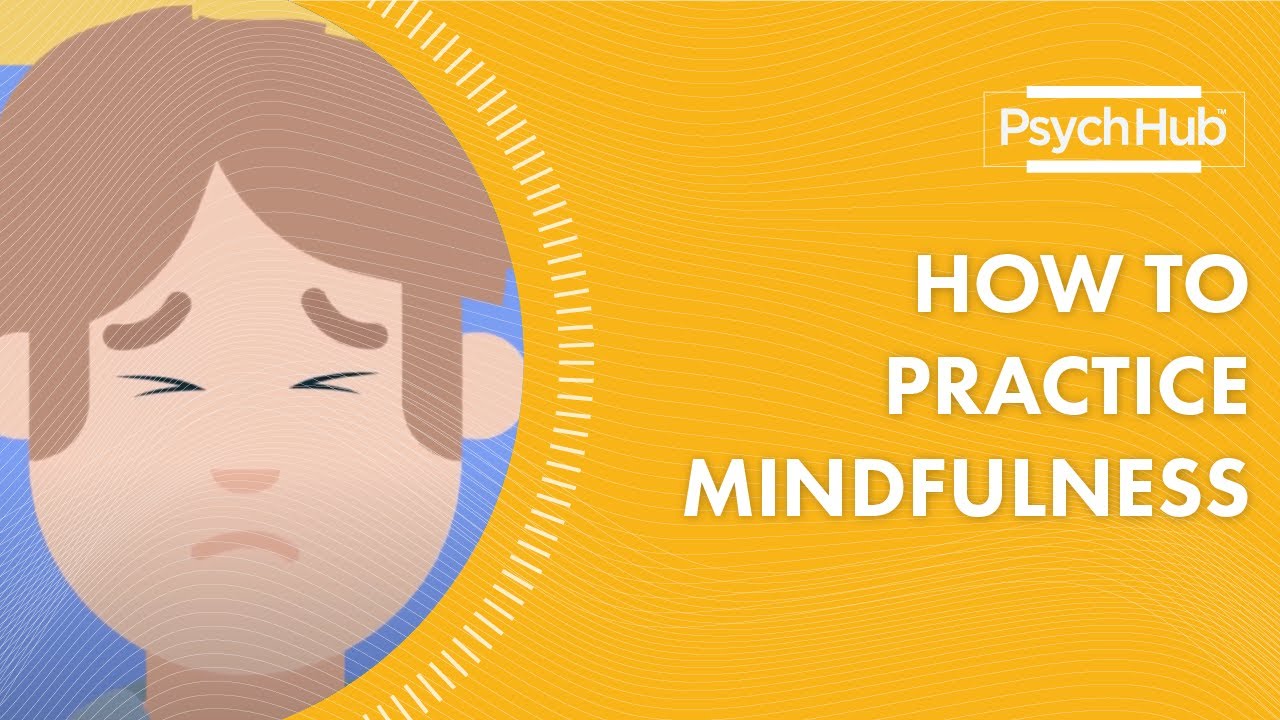Do Not Apologize for Trying to Be a Human” invites you to embrace your imperfections and recognize that mistakes are a natural part of life. In this insightful reflection by fruitcrates, you are reminded that it’s okay to stumble and face challenges without self-reproach. The article emphasizes that striving for excellence doesn’t mean losing yourself in the process and that taking a moment to breathe and acknowledge your efforts is just as important. It’s a heartfelt reminder that being human is about finding strength in vulnerability, accepting your flaws, and understanding that your journey is uniquely yours. So, take a break and remember, it’s perfectly fine not to have everything figured out right now. Have you ever found yourself apologizing for simply trying to make it through another day? Have you ever felt immense guilt for the simple, human act of struggling? Let me start by saying this: Do not apologize for trying to be a human.

Understanding the Human Experience
Being human is a journey full of peaks and valleys, victories and failures, laughter and tears. We are all navigating a complex landscape, each of us equipped with our own unique set of challenges, strengths, and vulnerabilities. It’s important to remember that facing these moments, even if it means stumbling along the way, is an inherent part of the human experience.
The Weight of Expectations
Society often sets standards that seem impossible to meet. You might feel the pressure to excel in your career, maintain flawless relationships, or achieve personal milestones—all without showing any signs of struggle. The truth is, nobody has it all figured out. You are not alone in feeling overwhelmed by these expectations.
- Career Pressures: Whether you’re striving for a promotion or simply trying to keep your job, the pressure to succeed can be immense.
- Personal Relationships: Maintaining relationships is hard work. It’s okay to sometimes feel like you are not being the perfect partner, friend, or family member.
- Personal Milestones: Whether it’s buying a house, getting married, or simply trying to figure out what makes you happy, personal milestones can feel like daunting tasks.
Realizing that these pressures are universal can be liberating. Understanding that everyone faces these challenges frees you from the unrealistic expectation of perfection.
The Myth of Perfection
The “perfect life” is a myth. Social media often portrays a curated version of reality, leading you to believe that everyone else has their act together. However, this is far from true. Behind every filter and highlight reel is a person facing their own struggles.
Don’t let these glamorized versions of life make you feel inadequate. Striving for perfection often leads to burnout and disappointment. Embrace your imperfect journey.
Embracing Your Flaws
Perfection is an illusion that distracts you from realizing your true self-worth. Your flaws and mistakes are what make you unique and valuable. Embracing these aspects of yourself is crucial for personal growth and happiness.
The Power of Vulnerability
There’s immense strength in being vulnerable. Admitting your flaws, failures, and fears doesn’t make you weak; it makes you human. When you embrace your vulnerabilities, you open yourself up to genuine connections and meaningful experiences.
Benefits of Being Vulnerable:
- Authentic Relationships: People appreciate honesty and can relate to your struggles, fostering deeper connections.
- Self-Acceptance: Accepting your imperfections helps you become kinder to yourself.
- Resilience: Facing your vulnerabilities head-on enhances your emotional resilience and adaptability.
Learning From Mistakes
Mistakes are life’s way of teaching you invaluable lessons. Each error provides an opportunity to learn, grow, and become a better version of yourself.
How to Embrace Your Mistakes:
- Acknowledge: Accept that mistakes are part of the learning process.
- Reflect: Think about what led to the mistake and what you can learn from it.
- Act: Use your newfound knowledge to make better choices moving forward.
Remember, it’s not about avoiding mistakes but about learning from them.

Managing Mental Health
Your mental health is just as important as your physical health. It’s crucial to take care of your emotional and psychological wellbeing, especially in a world that often demands so much from you.
Recognizing Burnout
Burnout is a state of emotional, physical, and mental exhaustion caused by prolonged stress. Recognizing the signs early can help you take the necessary steps to recover.
Common Signs of Burnout:
- Chronic fatigue
- Insomnia
- Increased irritability
- Loss of interest in activities
- Physical symptoms like headaches or stomach issues
If you notice these signs, it’s essential to prioritize your wellbeing by taking a break, seeking support, or making lifestyle changes.
Self-Care is Not Selfish
Taking time for yourself is crucial for maintaining mental health. Engage in activities that replenish your energy and bring you joy.
Effective Self-Care Practices:
- Physical Activity: Exercise releases endorphins that improve mood.
- Hobbies: Engage in activities you love, whether it’s reading, painting, or gardening.
- Mindfulness: Practices like meditation or yoga can help center your mind.
- Social Connections: Spend time with loved ones. Relationships can provide emotional support and joy.
By prioritizing self-care, you are better equipped to handle life’s challenges.

The Courage to Seek Help
Asking for help is a sign of strength, not weakness. Whether it’s reaching out to friends, family, or a mental health professional, seeking support is a brave and necessary step.
Overcoming the Stigma
There’s still a significant stigma associated with mental health, which can make it difficult to seek help. It’s important to push past this barrier and prioritize your wellbeing.
Strategies to Overcome Stigma:
- Education: Learn about mental health to better understand your own needs.
- Open Dialogue: Talk openly about your struggles. It can help destigmatize these issues.
- Support Networks: Surround yourself with people who understand and support you.
Professional Help
Sometimes, professional help is necessary. Therapists, counselors, and medical professionals can provide techniques and treatments that significantly improve your quality of life.
Types of Professional Help:
- Therapy: Cognitive-behavioral therapy (CBT), talk therapy, and other types of therapy can be incredibly effective.
- Medication: In some cases, medication can help manage symptoms.
- Support Groups: Connecting with others who face similar challenges can be comforting and encouraging.
Never feel ashamed for seeking the help you need. Your wellbeing is paramount.
The Role of Mindfulness
Mindfulness is the practice of being present in the moment, without judgment. It’s a powerful tool for navigating life’s complexities and maintaining emotional balance.
Practicing Mindfulness
Incorporating mindfulness into your daily routine can help reduce stress, improve focus, and enhance emotional regulation.
Simple Mindfulness Techniques:
- Breathing Exercises: Focus on your breath to center your mind.
- Body Scan: Pay attention to different parts of your body, releasing tension.
- Mindful Eating: Eat slowly, savoring each bite and paying attention to the experience.
- Gratitude Journals: Write down things you are thankful for each day.
Long-term Benefits
Practicing mindfulness consistently offers long-term benefits, helping you become more resilient and adaptable in the face of life’s challenges.
Conclusion
Being human means navigating a landscape filled with both challenges and triumphs. Striving to improve, making mistakes, and facing vulnerabilities are all part of this journey. Embrace your flaws, prioritize your mental health, and never apologize for simply trying to live.
By taking care of your mental and emotional wellbeing, seeking help when needed, and practicing mindfulness, you empower yourself to face life’s challenges with courage and confidence. Remember, you are not alone, and it’s okay to struggle. It’s okay to be human.





